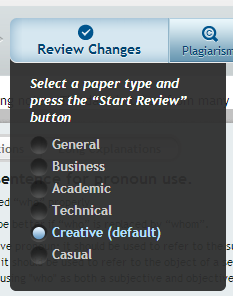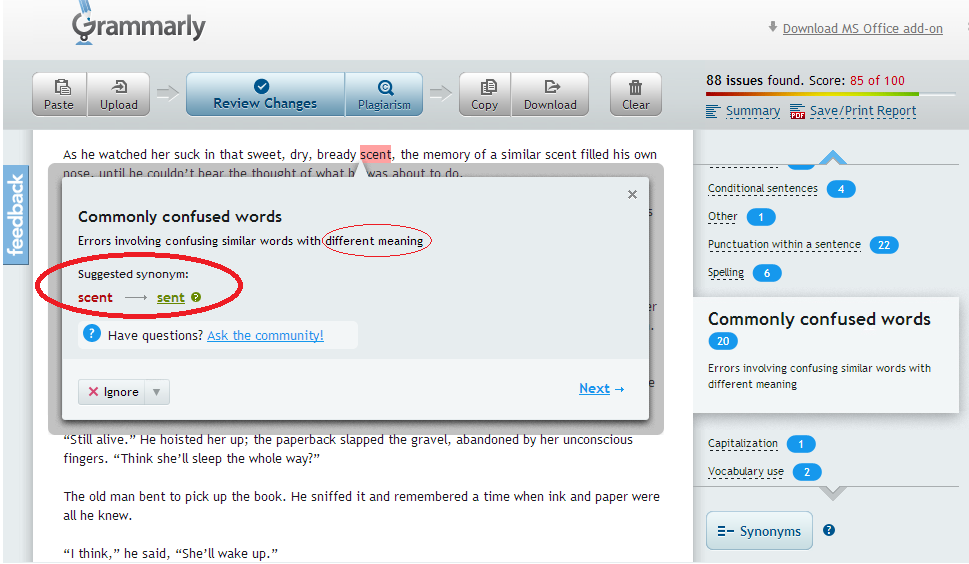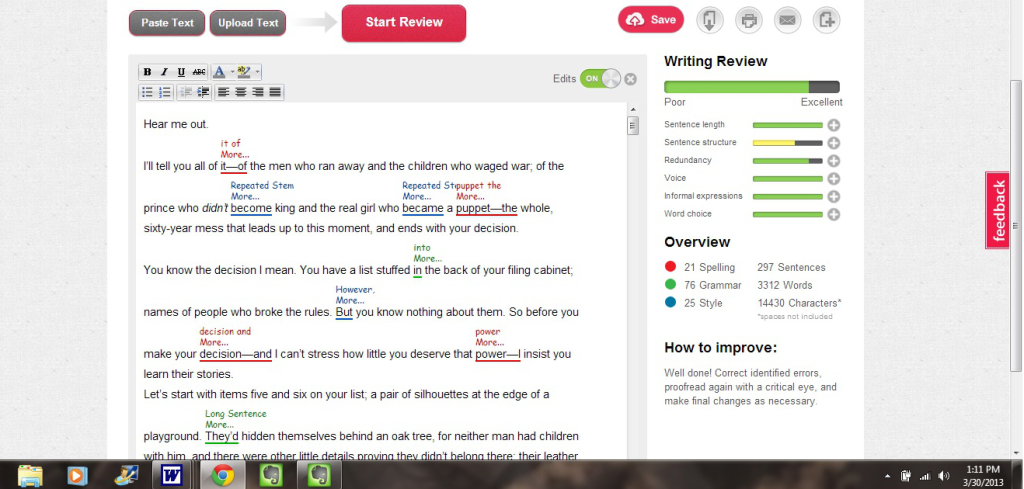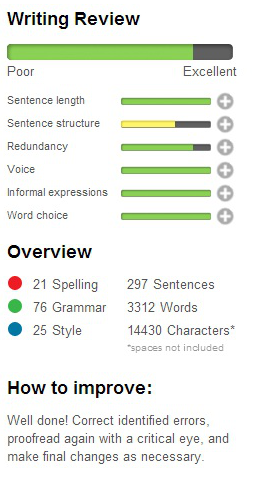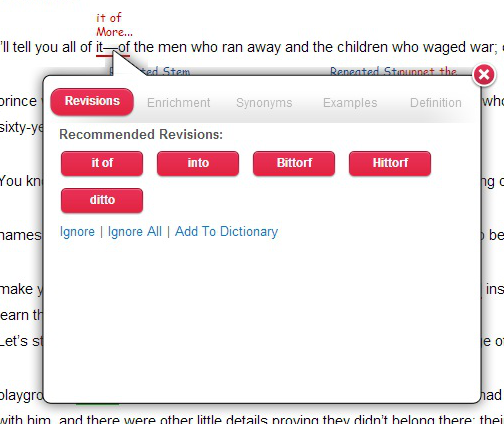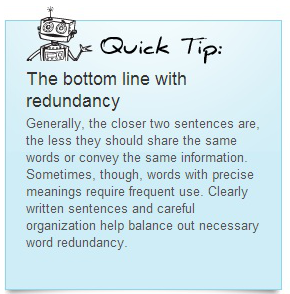This is the penultimate chapter! Read Part I, Part II and Part III first.
—
Part IV
For two days, the boy did nothing. He couldn’t sleep. He barely ate. He swept the same section of floor twenty times before remembering to move. He watched the comet; he watched the winged people. And he felt a cold sickness grow inside him.
What was he to do?
If he said nothing, those beautiful winged people would certainly die. But he could go on living his life.
And who knew if telling anyone would even save those people? If someone had covered up their existence, would that someone not also cover up their destruction? And would they not have to kill him to do it?
But the more he watched the winged people through the great telescope, the less he could stand it. Until finally, when the pile of rickety joints arrived at the observatory one night, he found the boy sitting on the metal steps instead of sweeping the floor. The boy’s face was pale. He trembled ever so slightly.
The old man walked in and stood in front of the boy. He folded his arms.
“What’s the matter with you?”
The boy looked up at him. His eyes and nose were red, as if he’d been crying. He took a deep breath.
“I looked at Gallun-Z,” he said softly. “There are people there. Wonderful, winged people.”
The old man swore. “I told you not to use the scope when I’m not—”
“They’re all going to die!” interrupted the boy. “There’s a comet. I calculated…”
“Forget it,” snapped the old man, turning toward the supply closet. “There’s nothing you can do. This is why I told you—”
“But we can have the entire S.D. fleet there in an instant!” protested the boy, jumping to his feet. “If we only told them. There’s time to evacuate. Or destroy the comet with a missile or something. Twenty-one days. That’s time.”
He was breathing heavily, heart pounding. But the old man moved with characteristic slowness as he opened the closet door and drew out the broom.
He held out the broom to the boy.
The boy stared, ready to cry. Did the old man not hear him?
“I looked on the webs for Gallun,” he tried to keep his voice steady. “The pictures were all wrong. Someone in the S.D. program is trying to cover it up. But we have to do something; we have to find someone who’s willing to save them.”
The old man shook his head. “There’s nothing wrong with those pictures.”
“But I saw. Through the scope. Look for yourself!” The boy ran up the steps and began throwing switches and turning knobs to aim the scope at Gallun. “There’s thousands of creatures there. Like birds, but they’re people. They have cities, and…”
“You can’t help them.”
“But someone—”
“They’re already dead.”
“We have twenty-one days!”
“They all died already, boy,” the old man’s voice was softer. “Thousands of years ago.”
The boy blinked at him.
“Don’t you know what a light-year is, boy? You haven’t been looking at people. You’ve been looking at echoes; light that’s been traveling since before you were born. You’ve been looking at the past. We could send the whole S.D. fleet there today and find exactly what you saw on the webs. It’s a dead planet. There’s nothing we can do.”
The boy cried.
—
Tune in tomorrow for the final chapter, Part V!
–





